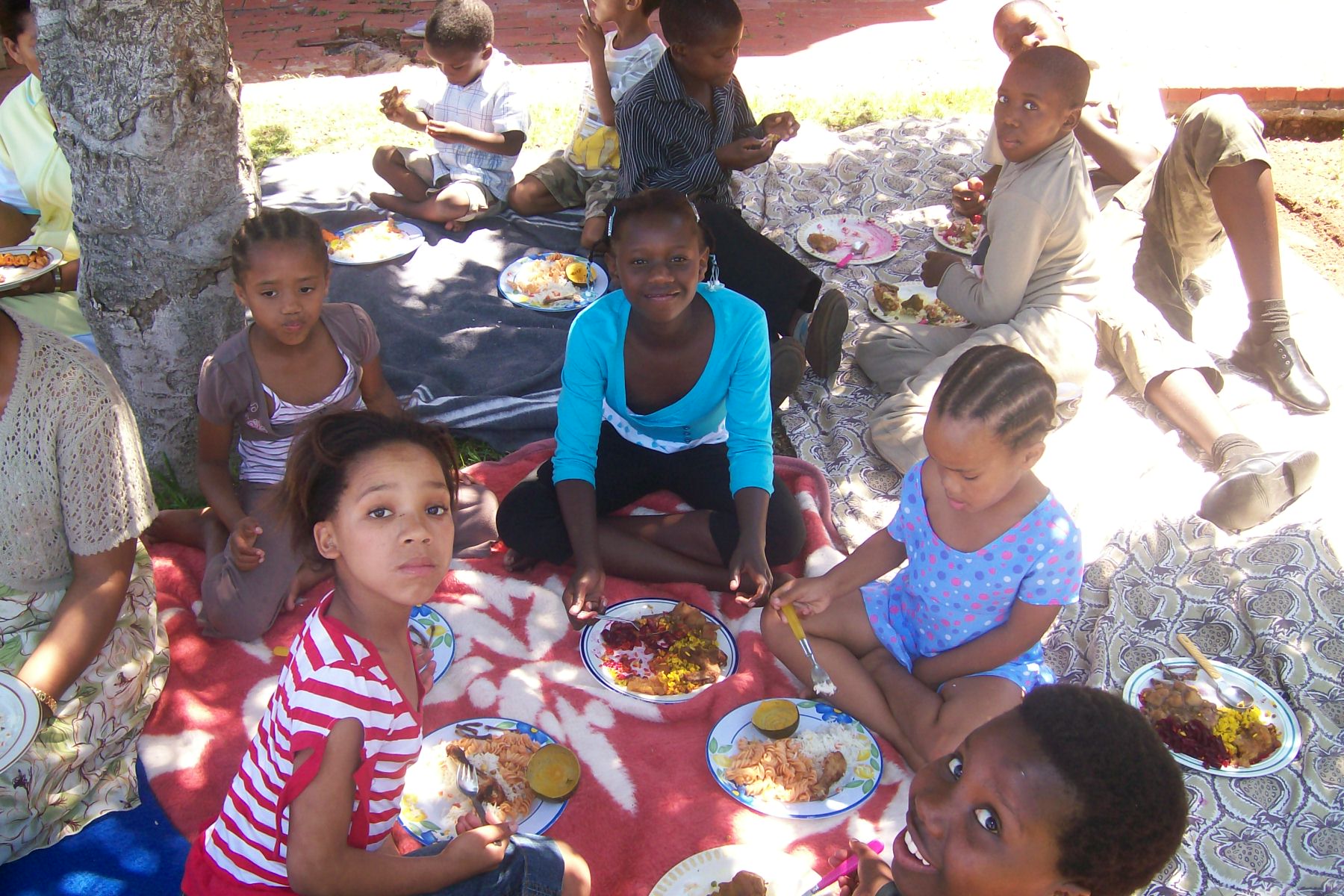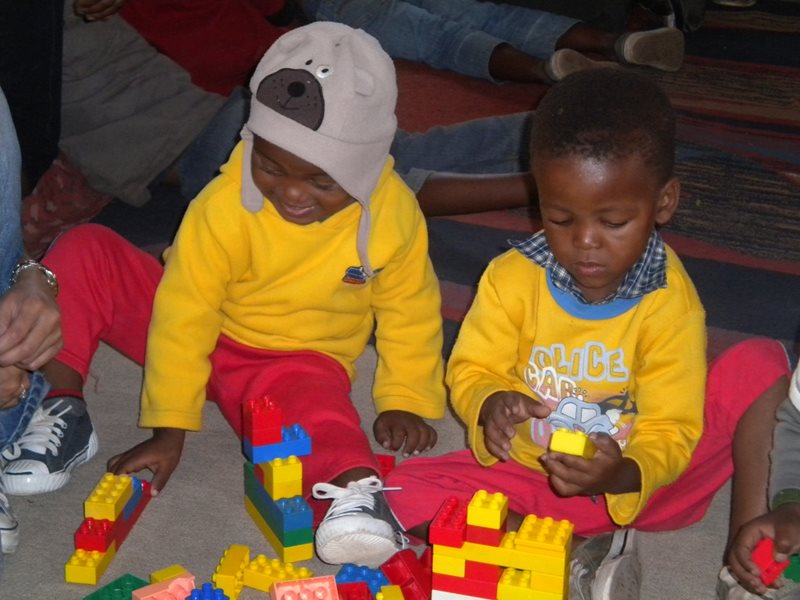The legacy of apartheid still affects children’s opportunities in life
.jpg?width=800)
Port Elizabeth has a population approaching one million and is located on South Africa’s south-eastern coast. The city is part of the Nelson Mandela Bay Metropolitan Municipality. Since the end of apartheid in 1994, Port Elizabeth has experienced much of the same problems as the rest of the country: areas that were formerly inhabited by the forcibly relocated black population are now facing urban decay, a lack of infrastructure and services, overcrowding, inadequate housing and high levels of poverty and unemployment. The spread of HIV/AIDS has further aggravated the hardship many families experience on a daily basis. Rising crime and drug abuse levels reflect the desperation many face.
Children are the hardest hit by these conditions, especially when they are at risk of losing the care of their parents. Unemployment levels are high anyway, but when parents fall ill they are often unable to work, so they lose their income and can no longer meet their family’s basic needs. Their children are then at risk of being neglected, or even exploited for sex work or child labour. In many cases, children take on the responsibility of caring for their sick parents, sacrificing their education – and their childhood – in the process. Experiencing such an incredibly difficult situation at home at a young age also has profound emotional, psychological and social consequences for the child, especially when support networks are not in place.
Support for the whole community to maintain family stability
The SOS Family Strengthening Programme offered by our social centre reaches out to struggling families in the region, for example in the Westville suburb of Port Elizabeth. Westville lacks the most basic services and infrastructure such as roads, schools, health services, running water, or electricity. This community is also badly affected by HIV/AIDS and the local population is severely poverty stricken. These social ills greatly impact the children living here. Westville is one just one example, and there are many informal settlements like it in the Nelson Mandela Bay metropolitan area.
What we do in Port Elizabeth

SOS Children’s Villages began its work in Port Elizabeth in 1989.
Family strengthening: Today, our SOS Social Centre supports the local population. We ensure that children have access to education and health care. Our support goes out especially to those members of the community who have been affected by HIV/AIDS, and we also organise HIV/AIDS awareness and prevention campaigns.
In addition, we assist struggling families by providing material support, for example by paying for children’s school fees and uniforms. We also offer counselling and psychological support, and we give parents guidance on income-generating skills. The aim of all our activities is to maintain family stability so that parents can provide a loving home for their children.
Care in families: For children in the region who are no longer able to live with their parents, SOS families in Port Elizabeth can provide a loving home. In each family, the children live with their brothers and sisters, affectionately cared for by their SOS parent. Some families live integrated in the community. The children attend kindergarten together with children from the neighbourhood, which ensures that they are integrated into the local community from a young age.
Some children are cared for in foster families that are living in the community. In order to ensure that children are cared for to the highest standards set by our organisation, we provide continuous social and emotional support.
While the children are in our care, we work with their families of origin – our aim is to reunite the families.